Tips for Transition Aged Youth
College Tips
Self-Identify as a Current or Former Foster Youth
Whether you go to a community college or a four-year college, it’s a good idea to self-identify as a foster youth on campus. There are certain benefits available to foster youth in college (such as Priority Enrollment). Be sure to apply to the EOP or EOP&S program because they can give you additional support on campus. Campuses also have programs designed to support current and former foster youth specifically. Make sure to ask for information about this at your college.
Apply for a Board of Governor’s Fee Waiver
This waiver allows foster youth to get their community college tuition waived. Go to the financial aid office at your school and ask to fill out the form.
Apply for a Chafee Grant
This is a special grant for foster youth that you can apply for online. Click here to visit the Chafee Grant page. Even if you don’t get the Chafee Grant the first time, make sure to apply the next year because you’ll have a better chance of getting it.
Fill out the FAFSA
You must fill out the FAFSA in order to get the Chafee Grant. This must be filled out every year. If you were in foster care on or after your 13th birthday, you are eligible to complete the FAFSA as an “independent” student, meaning no adult’s income information is needed. Click here to view FAFSA information.
Don’t Let the Lack of Money Discourage You from Pursuing Your Goals
Current and former foster youth are eligible for financial assistance to help cover the costs of housing, college tuition, and vocational training programs, among other things. Talk to your attorney, social worker, and college staff to find out what you qualify for. If you are an Alameda County current or former foster youth, contact Beyond Emancipation to meet with an education specialist.
Employment
Create a Resume
Ask someone to look over your resume and application before you submit it. Even if you haven’t had tons of work experience, a resume will still impress an employer. Ask your attorney, social worker, CASA, or someone at B
Research Job Placement Programs
Look into local job training and placement organizations in the county. They can help you find a job, and have the skills to do well. Two examples are Youth Uprising and Youth Employment Partnership (YEP).
Join Independent Living Program (ILP) and Beyond Emancipation
Have you been attending ILP? Going one night a week can really help prepare you for independent living. They have great staff committed to helping you learn the skills you need for adulthood. Beyond Emancipation is also an excellent resource in Alameda County. You can go anytime between 9am and 4pm to do an intake with someone who may be able to help you with employment, education, housing, and other independent living matters. You are eligible to participate in ILP at age 15 ½. ILP offers support and assistance with applying for college and obtaining scholarships, transitional housing assistance, skills needed to live successfully on your own, such as household budgeting, nutrition and managing your finances. We all need to learn these skills.
Other Important Tips
Keep Original Copies
Make sure that you have original copies of your birth certificate, social security card, Medi-Cal card, legal residency card (if you are a non-US citizen), and a history of your placements and experiences in the system. California law requires that your social worker ensure that you have all of these documents and important papers in your possession before your case is dismissed.
Attend Your Court Hearings
The hearings discuss what has been happening with you, and it is important to attend court to make sure statements made about you are accurate. It is an opportunity for you to make your voice heard, play an active role in making decisions that impact your life, and let the judge know what assistance you need.
NOTE: If you’re a NMD (in the system over the age of 18) your attendance is required, either in person or by phone.
Discuss Records Sealing
Talk to your lawyer if you would like your dependency or delinquency case file sealed. Some records are automatically sealed, and others require you to take some action. A great resource for record sealing in Alameda County is East Bay Community Law Center.
Stay Informed
At age 12, you have a right to review your case file, case plan, and court reports. Know what is being written about you. Be an active participant in the development of your case plan. Important decisions are made based on information contained in these documents, and you should have an active role in the decision-making process. Your lawyer can be of a lot of help for you.
Consider Asking for a Court Appointed Special Advocate (CASA)
CASAs are local volunteers with specialized training to work with and for foster youth. Non-minor dependents are eligible for CASAs too. They can be great role models and a source of help, encouragement, and knowledge. They typically work one on one with youth and can devote more time to helping youth reach their goals. Ask your social worker or attorney to make a referral.
Look into Calfresh (Also Known as SNAP or Food Stamps)
Whether you are a former foster youth, or you’re currently a non-minor dependent, you could be eligible for CalFresh. This is money each month that is used to buy food. Go to your local Social Services office or fill out an application online. Click here to visit their website. Be sure to tell them if you are a non-minor dependent.



